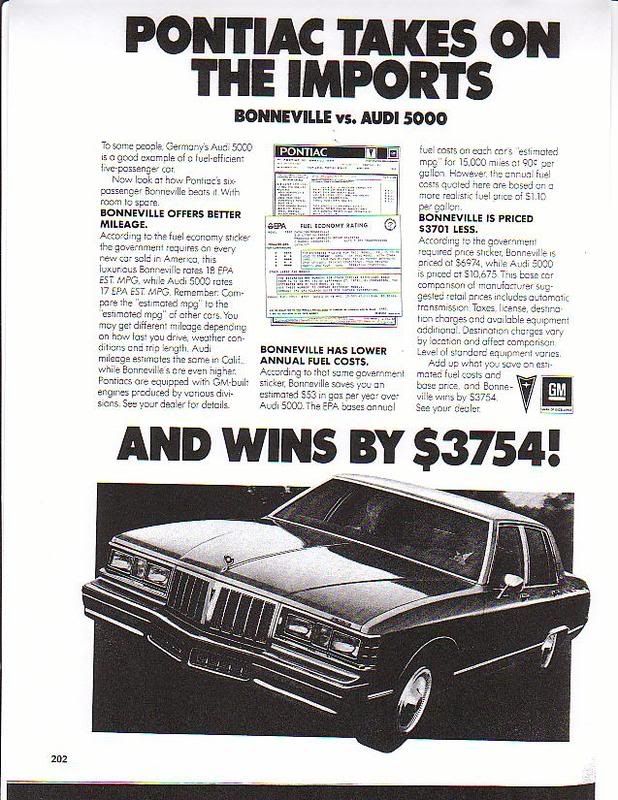Thinking of the formerly great American companies which are now in foreign hands or have been axed, like Atari which is French owned (Infogrammes) and Jeep has become Italian (Fiat). And all Obama wants to do is help the banks, it's sad. 

[ame]http://i90.photobucket.com/albums/k259/tlake_2006/AMCJeepCherokee1985.jpg[/ame]
Pontiac

[ame]http://i90.photobucket.com/albums/k259/tlake_2006/AMCJeepCherokee1985.jpg[/ame]
Pontiac


 :
: